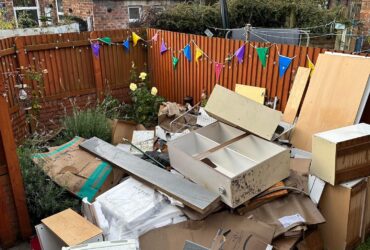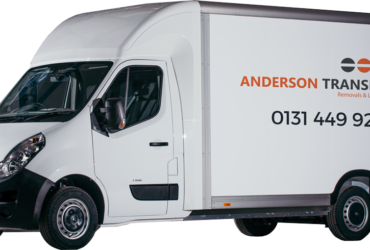
How to properly dispose of Hazardous Waste
What is hazardous waste?
There are lots of things that are classed as hazardous waste, that you probably didn’t know about. Battery packs, laptops, paints, Fluorescent light tubes, printer cartridges, oils, old style TV’s, household appliances and mobile phones are a few examples of what hazardous waste is.
Hazardous waste, in general, is waste that poses a risk to human or environmental health, if it isn’t disposed of properly which is why it has to be taken seriously. Hazardous waste is anything poisonous, flammable, corrosive, reactive or explosive under certain conditions.
Types of Hazardous Waste
Medical establishment, factories, industries and even schools can general different sorts of Hazardous Waste. Not all waste is harmful but that doesn’t mean that non-hazardous waste can’t create issues and problems.
You’re asking, what exactly is Hazardous Waste? It’s very simple, waste with qualities that make it dangerous or have a detrimental effect on the enviroment or human health is considered to be Hazardous Waste.
The most common types of Hazardous Waste found in businesses.
- Electronic Waste
- Medical Waste
- Chemical Waste
Electronic Waste
Electronic Waste contains toxic elements that poses risk to both human health and the environment. Chemicals and substances such as mercury, cadmium and lead, as well other elements can be found in electronics. Lead in particular for example, can really harm our nervous system.
E-waste is created from almost every business. From replacing computers that contain harmful elements following upgrades, swapping out lights or batteries, it can be found all over the workplace.
Medical Waste
Labratoraties, pharmacies, testing facilites and hospitals are all main sources of medical waste. In the United Kingdom, our hospitals alone generate over 600,000 tons of Medical Waste each year. That’s not taking into consideration everything else that generates Medical Waste.
With close to 90% of waste generated by healthcare facilities classified as non-hazardous, this does not mean that disposing of the waste is unregulated. This is why some parts of Medical Waste removal become very important, such as Medical Waste disposal containers you require and the company you work with, follow rules and regulations for genuinely disposing following guidelines that have been set out for good practice.
Chemical Waste
Many Chemicals are used to improve how we live our life and the msot part, are not detrimental to human health or the environment. Some chemicals such as pesticide wastes have a great risk to damage human health in very specific concentrations and should only be used when the environment is properly controlled and managed.
Manufacturing plants, school labratories and hospitals are some of the wide range of places that Chemical Waste can be found. Chemical Waste can be a massive risk and concern for not only the environment but also everyone that comes into contact in the local vicinity of the facilities.
How to dispose of Hazardous Waste?
Incineration
Disposing of Hazardous Waste can be very interesting. Most House hazardous Waste (HHW) is destroyed during incineraton. The waste can also be burnt and used as an alternative energy source which is helpful to not only society, but the environment too. Incineration produces and discharges harmful chemicals that can harm the environment however modern technology has allowed us to offer more efficient incinerator unites that vastly reduce a number of emissions that get let out into the environment.
Recycling
Recycling is a huge part in todays society with a real drive to recycle as much as possible. One of the biggest things to be recycled are mobile phone batteries but there are other parts that can be saved other than simply disgarding them. There are certain oils that can be used and repurposed. Recycling waste is the most environmentally friendly option there is available which is why there are centres all over and growing in numbers.
Disposal Boxes
If you have things like syringes or prescription medicines, you must take extreme caution when disposing of them. In most places such as pharmacies, you can dispose of used syringes into special disposal boxes. It’s very important to to throw these type of waste out, flush down the toilet or pour down the sink into the environment.
Landfill Disposal
The oldest and most prevalent means of waste disposal is landfill otherwise known as waste disposal sites. Hazardouse Waste landfills are designed purely for Hazardous waste and they aren’t builttro hold any type of liquid waste. They are made in the earth, rather than the more traditional landfills that accumulate upwards and are easy to spot.
There’s a huge amount that goes into preventing waste leaking into the earth, with these landfills specially lined with clay or other non-porous materials. Some of the more traditional precautions that are in place are wind dispersal controls, leak decection system and doubling lining to gaurantee as little waste as possible gets in touch with hte envorinment or human beings.
Hazardous Waste can lead to very serious concequences. Please take care when disposing of items that can be harmful to human health or the environment. If you are unsure about anything, get in touch with someone that has experience in dealing with this type of waste.
For any enquiries regarding disposal of hazardous waste, please fill out our form


